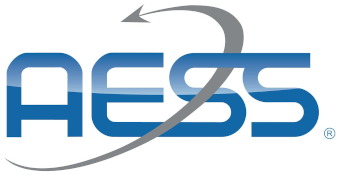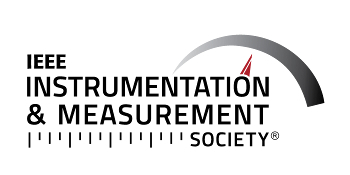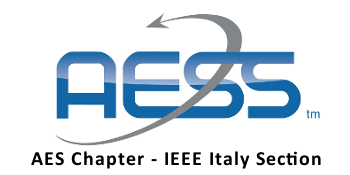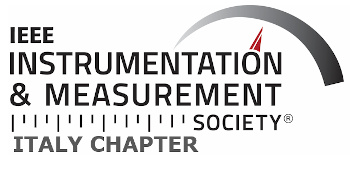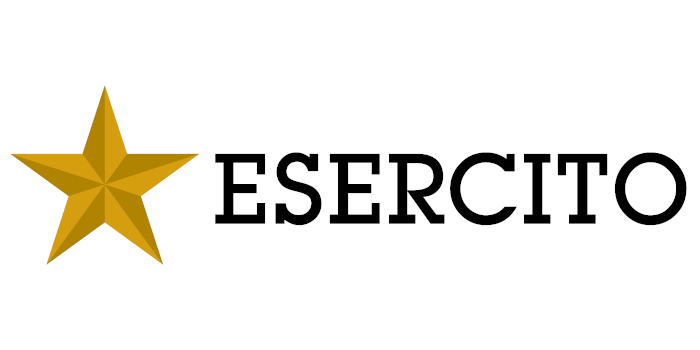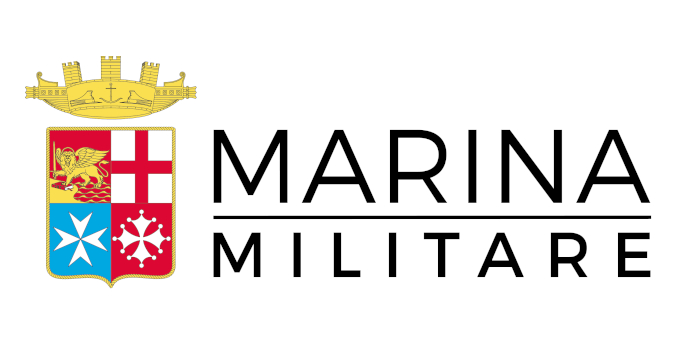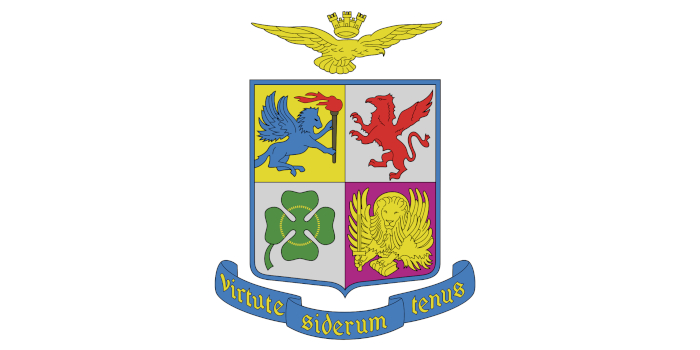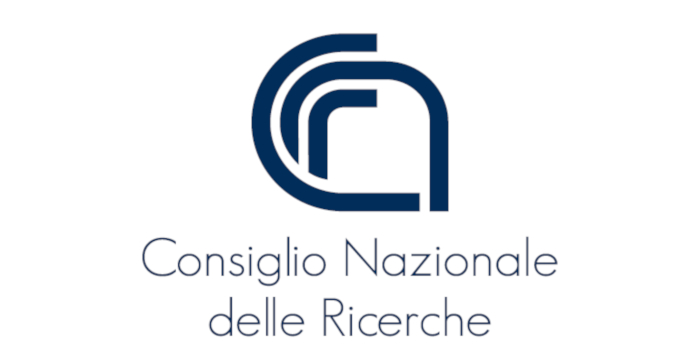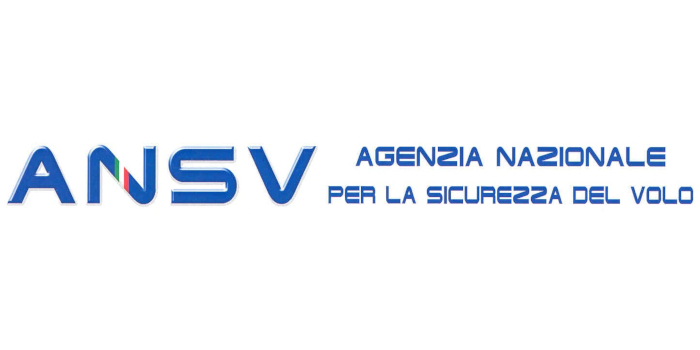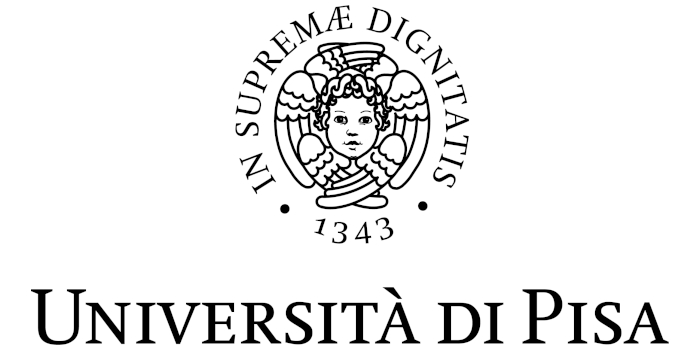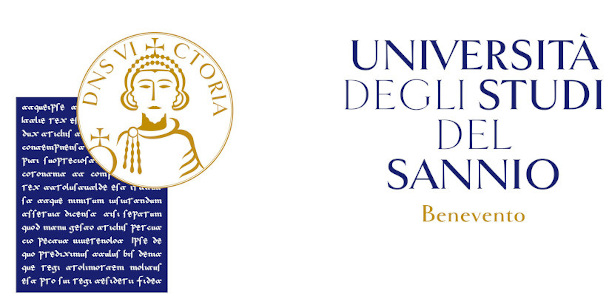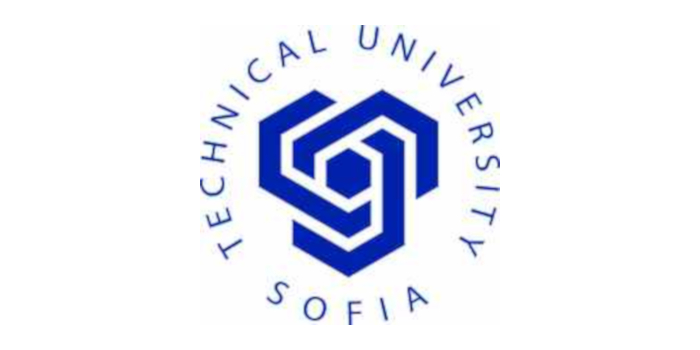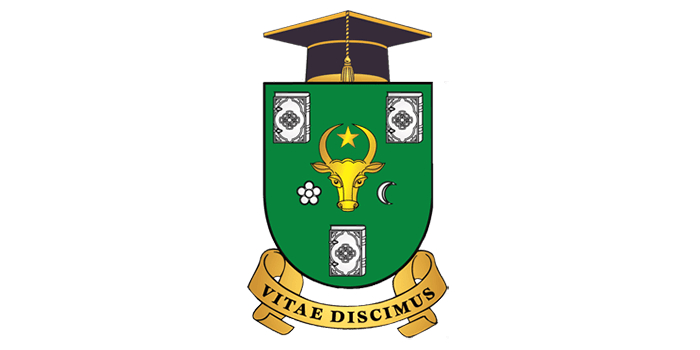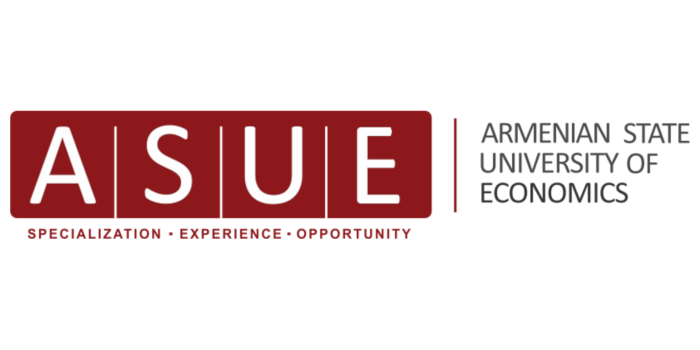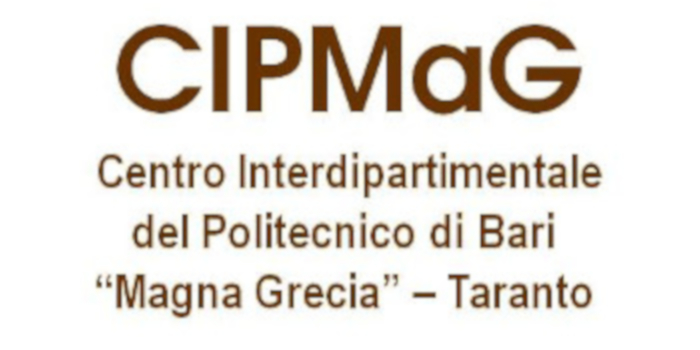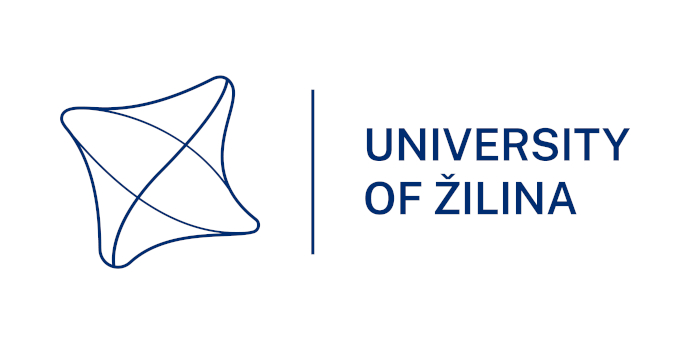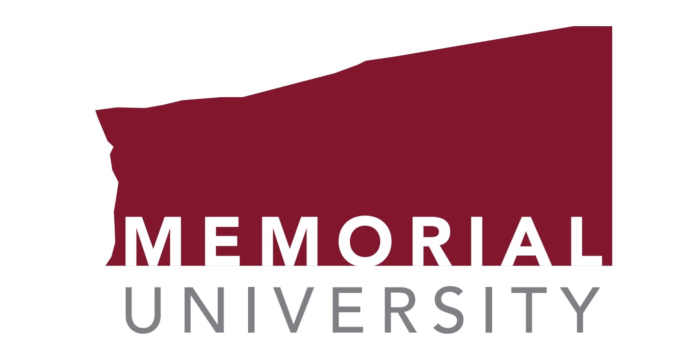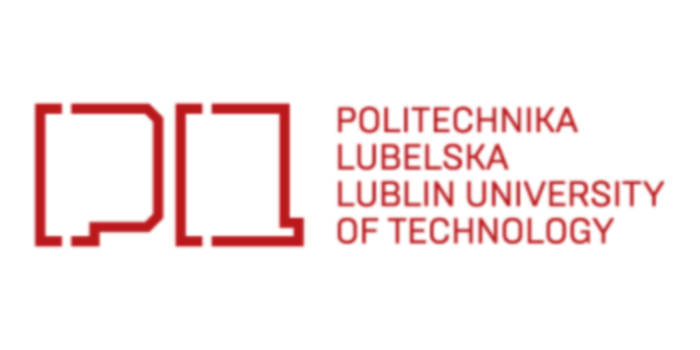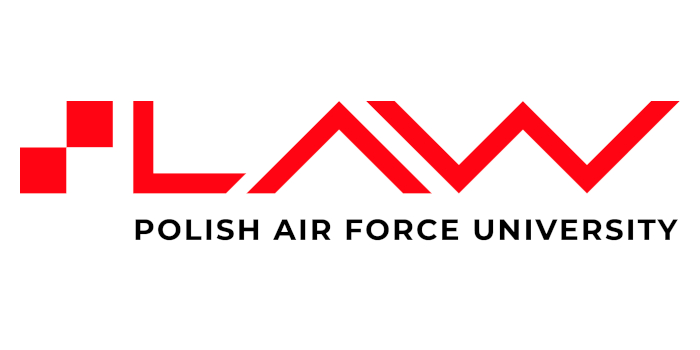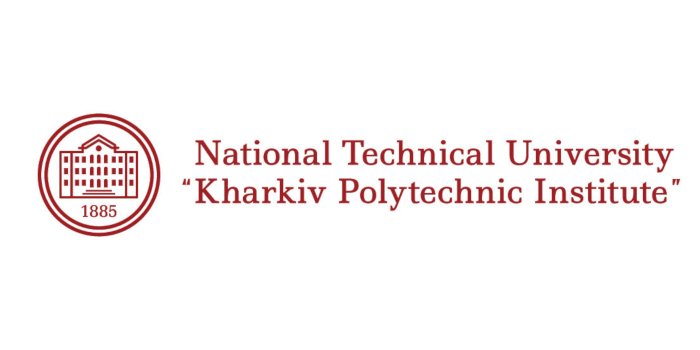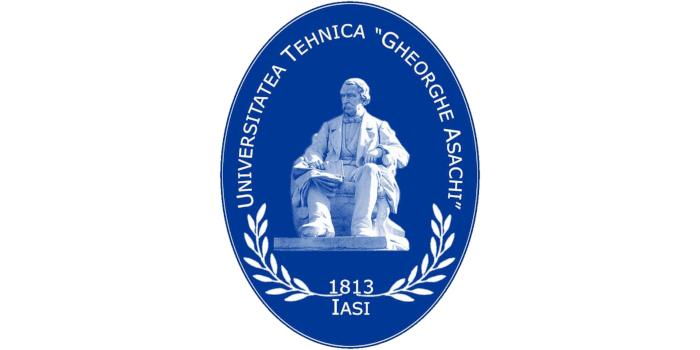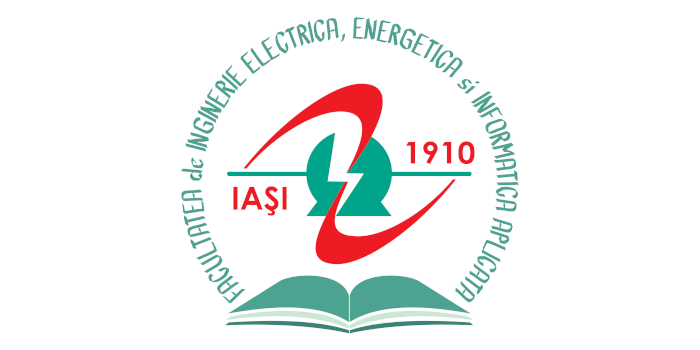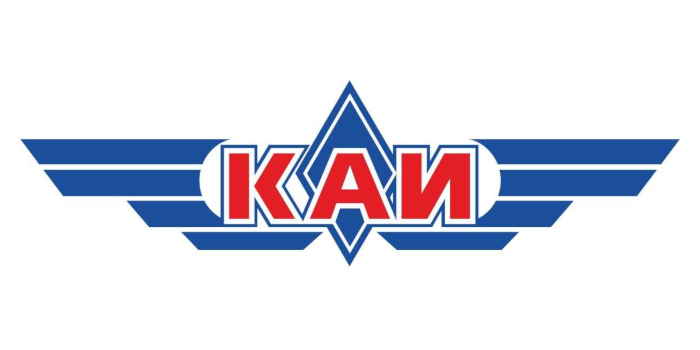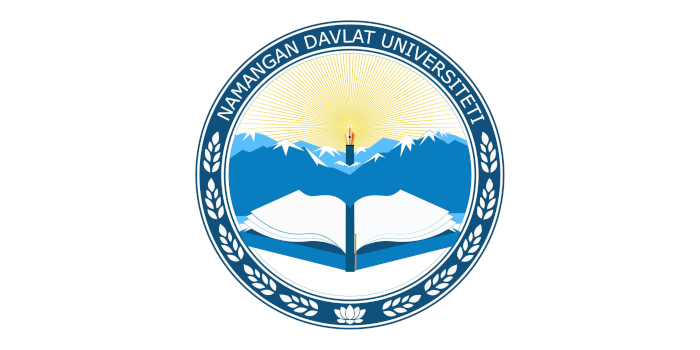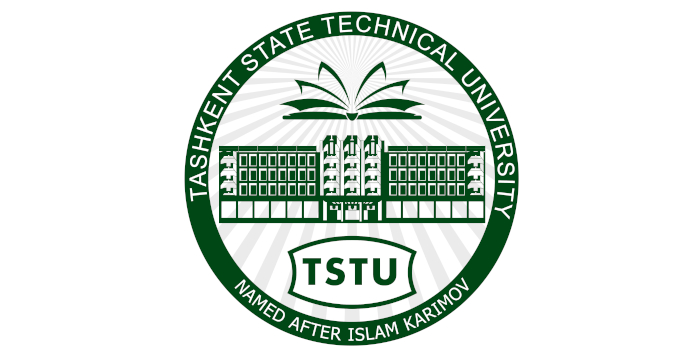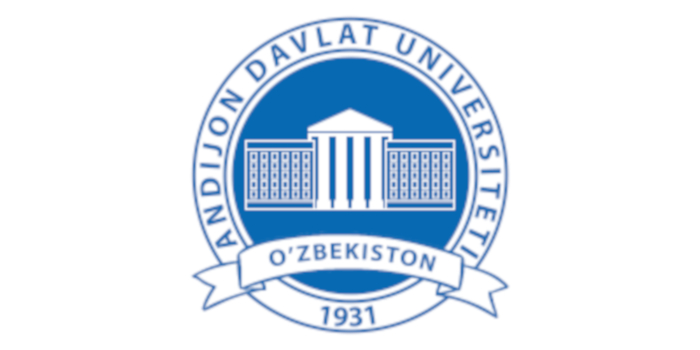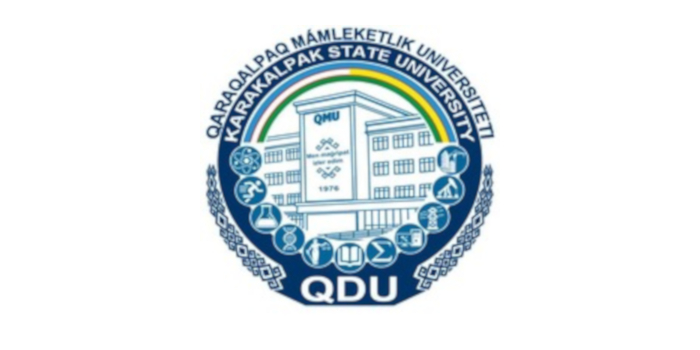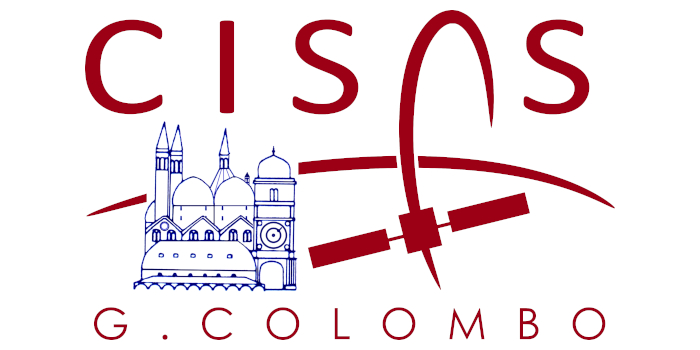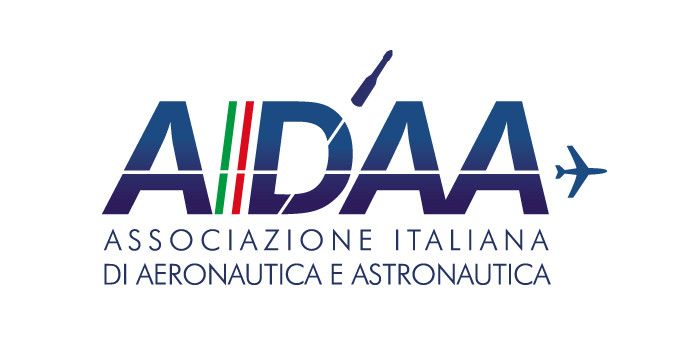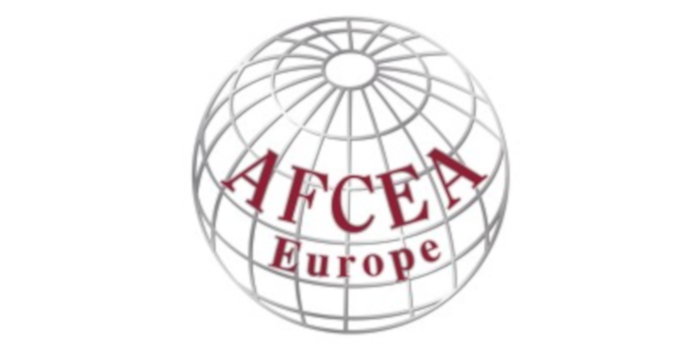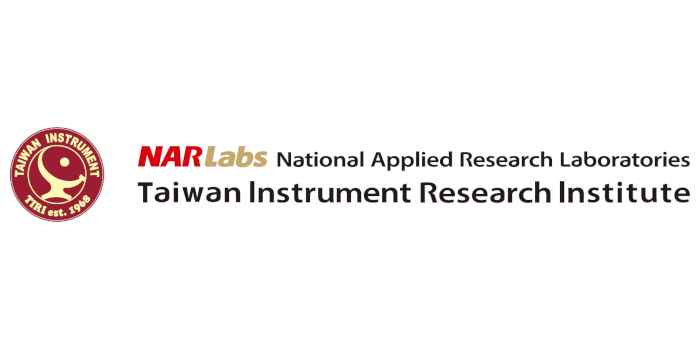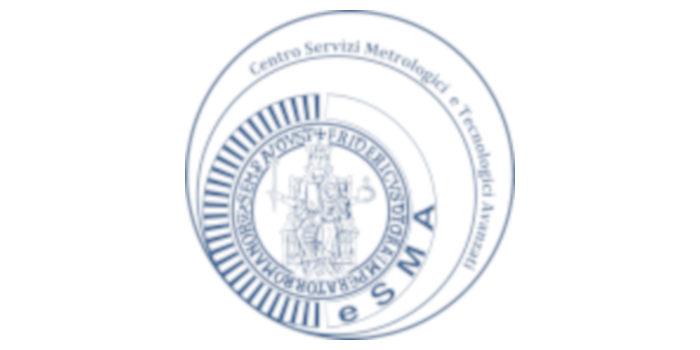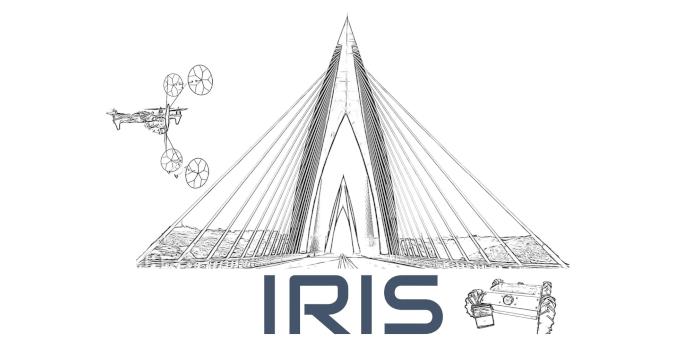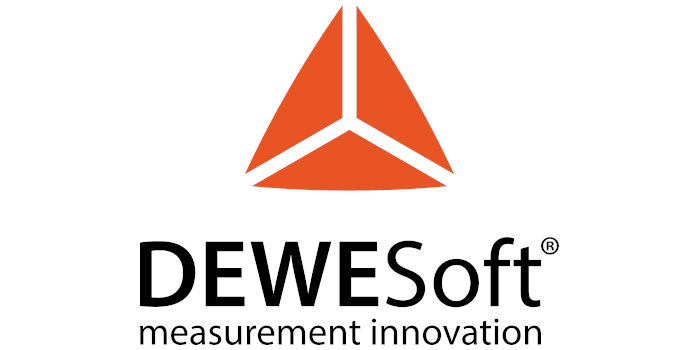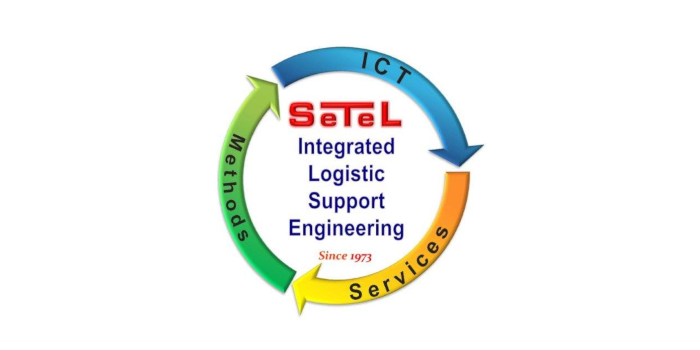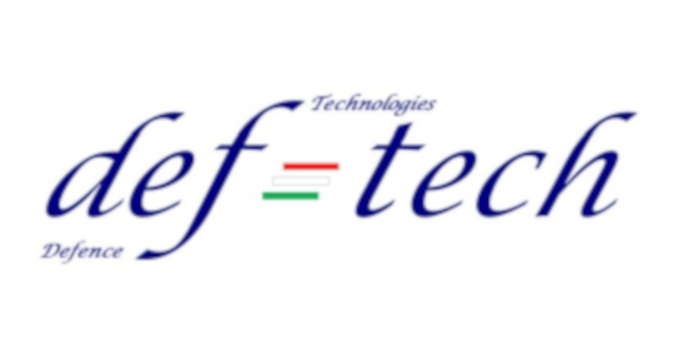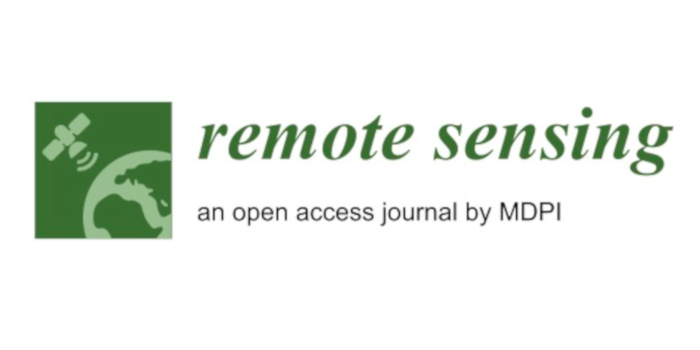MEASUREMENTS AND INSTRUMENTATION FOR AUTONOMOUS SPACECRAFT AND PLANETARY EXPLORATION
ORGANIZED BY
.jpg)
Sebastiano Chiodini
CISAS "Giuseppe Colombo" - University of Padova

Riccardo Giubilato
Institute of Robotics and Mechatronics, German Aerospace Center (DLR)

Marco Pertile
Industrial Engineering Dept. – University of Padova.
ABSTRACT
Contributions are welcomed in the field of Space and Aerospace measurement instruments for remote and in situ sensing, highlighting metrological characterization and calibration. Contributions are expected on attitude and position measurements for autonomous spacecraft and vehicles oriented towards Guidance, Navigation and Control, precision landing, relative and absolute positioning, global and local map building, planetary environment characterization. Advances in the calibration procedures are also welcomed.
A growing interest in in-situ operations for the exploration of planetary bodies is demonstrated by the many planned mobile robotic missions for the upcoming years such as ESA Mars2022, NASA Mars2020, ROSCOSMOS Luna-25 and DLR/JAXA Mars Moons eXploration. To this end, novel technologies for mapping, navigation and terrain analysis are required. We encourage contributions on novel sensor setups and designs for both perception (LiDARs, cameras, etc.) and interaction with the environment, as well as novel calibration techniques.
The reproducibility of Space and Aerospace environment as well the design, realization and characterization of on the ground facilities are encouraged.
Space-based measurements for planetary observations and atmospheric investigations are welcomed.
TOPICS
The topics of interest include but are not limited to the following:
- Measurements and simulation systems for attitude and position control;
- Perception and Navigation in GNSS-denied environments;
- LiDAR-based and Vision-based navigation and mapping for planetary robots;
- LiDAR-based and Vision-based relative navigation between spacecraft or for formation flight;
- Relative navigation techniques for rendezvous and docking maneuvers between spacecraft;
- Instrumentation and measurements for the navigation of UAV in planetary environments;
- Sensor fusion techniques for aerospace applications;
- Calibration techniques for LiDAR and Vision measurement systems, multi-sensor systems and sensor fusion approaches;
- Metrological evaluation and characterization of Machine Learning approaches for autonomous spacecraft and vehicles for space applications and planetary exploration;
- Perception and manipulation for in-situ analysis and sample collection;
- Testing facilities for space environment reproducibility;
- Space Instrumentation and Measurements for Remote Sensing;
- Instrumentation and measurements for planetary probes.
ABOUT THE ORGANIZER
Sebastiano Chiodini, received the M.S. degree in aerospace engineering and the Ph.D. degree in Space Sciences, Technologies and Measurements from the University of Padova, Italy, in 2013 and 2017, respectively. In 2016, he participated in the JPL Visiting Student Researchers Program (JVSRP) at the Jet Propulsion Laboratory, California Institute of Technology, Pasadena, CA, USA, working on a collaborative visual localization method for rovers, designed to hop and tumble across the surface of comets and asteroids. He is currently a Post-Doctoral Research Fellow with the Centre of Studies and Activities for Space “G. Colombo”, University of Padova. He collaborates with ALTEC SpA, Turin, Italy, for the development of the localization algorithms for 2022 ESA–Roscosmos ExoMars rover. His research interests are focused on the design and development of machine vision-based measurement systems for drones and rovers, LiDAR based measurement systems, robotics, autonomous navigation and design and testing of mechanisms for space applications.
Riccardo Giubilato, received a M.Sc. degree in Aerospace Engineering from the University of Padova in 2016 and a Ph.D. degree in Sciences, Technologies and Measurements for Space from CISAS “G. Colombo”, Unversity of Padova, Italy, focusing on visual-LiDAR fusion for monocular SLAM. From 2019 he is a post-doctoral researcher at the Institute of Robotics and Mechatronics, German Aerospace Center (DLR), Weßling, Germany, where he develops SLAM algorithms targeted at planetary-like rovers and leads the WP “Data Fusion” within the Helmholtz project ARCHES. His current research interests include sensor fusion for vision systems and range sensors, visual SLAM, multi agent localization and mapping, place recognition in natural environments.
Marco Pertile, in Space Science and Technology at the University of Padova. Associate Professor in Mechanical and Thermal Measurements in the Industrial Engineering Dept. – University of Padova. Main research interests: mechanical and thermal measurements, design of experimental tests and set-up for space systems, design of measurement systems based on vision systems and laser scanners, robotics, autonomous vehicles, uncertainty evaluation. Involved in several international projects, such as: H2020 Project ETPACK Electrodynamic Tether PACKaged in a reel on-board the spacecraft; SIMBIO-SYS Experiment on board of the ESA mission BEPI Colombo; DREAMS EDM Payload for the EXOMARS2016 mission; OSIRIS (Optical Spectroscopic Infrared Imaging System) of the ESA Rosetta mission. Recipient of the following awards: “Paolo Cappa” Award for the best paper in the Italian National Forum on Measurements 2018; Best Paper in Mechanical and Thermal Measurement for Aerospace in the IEEE Int. W. in Metrology for Aerospace 2014; “one of Transactions Outstanding Reviewers of 2014” from the IEEE Instrumentation and Measurement Society; Santini Award for best paper space section from the Italian Association of Aeronautics and Astronautics 2007.


